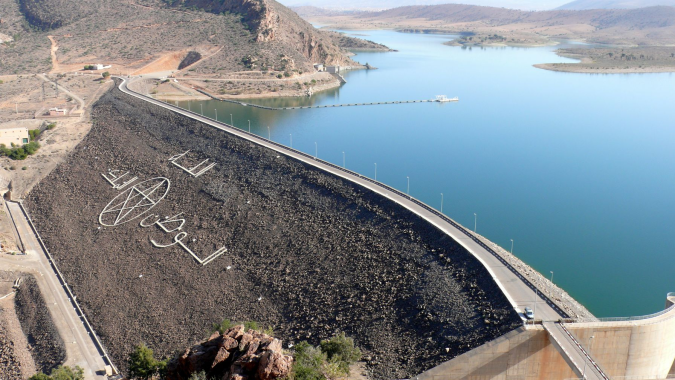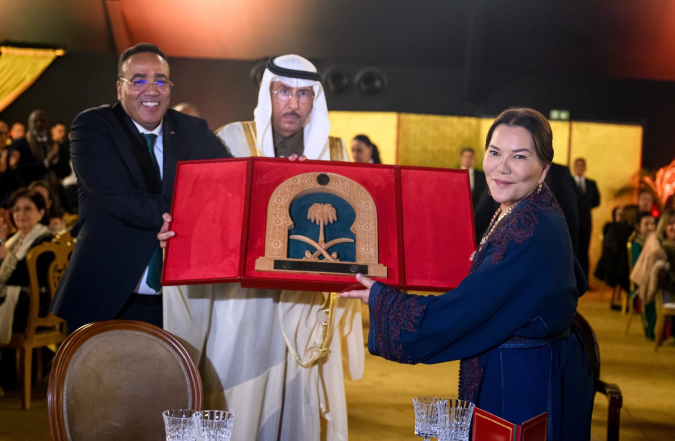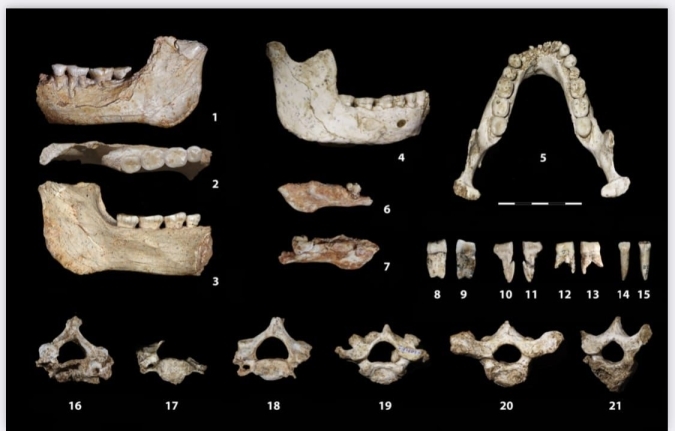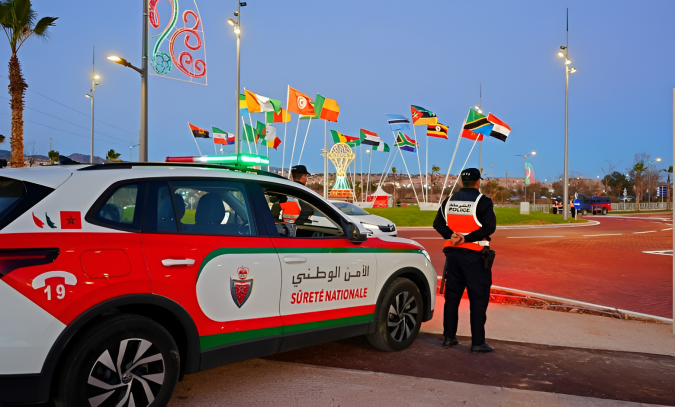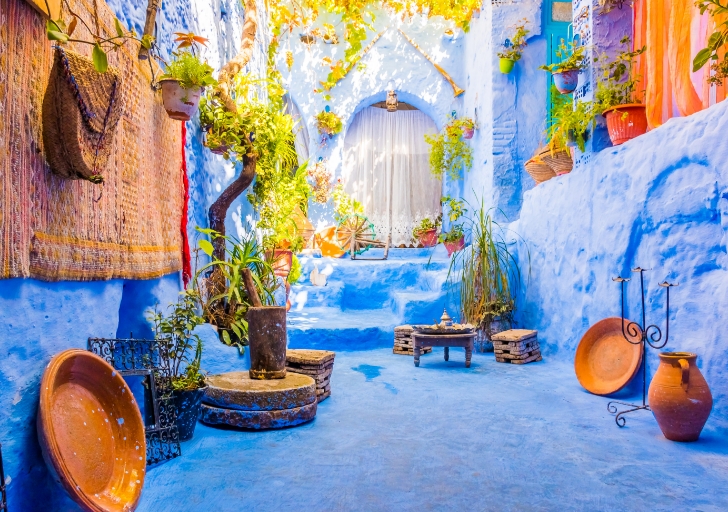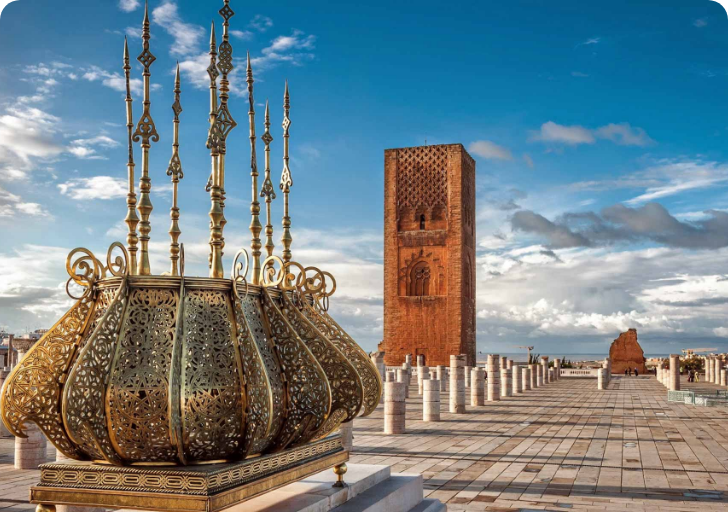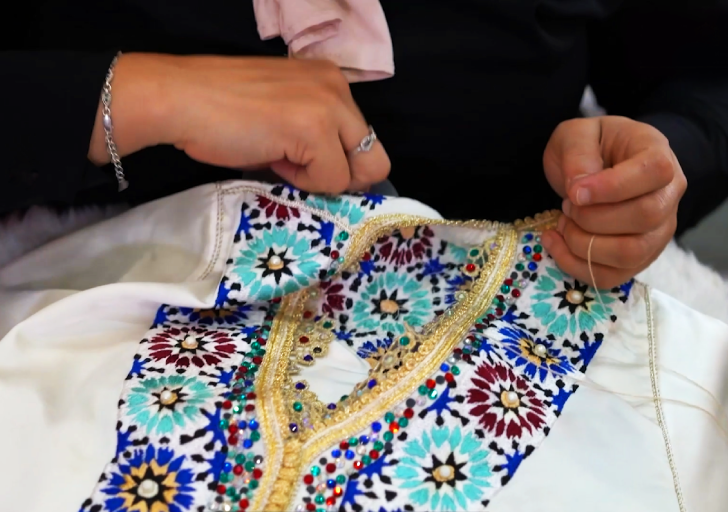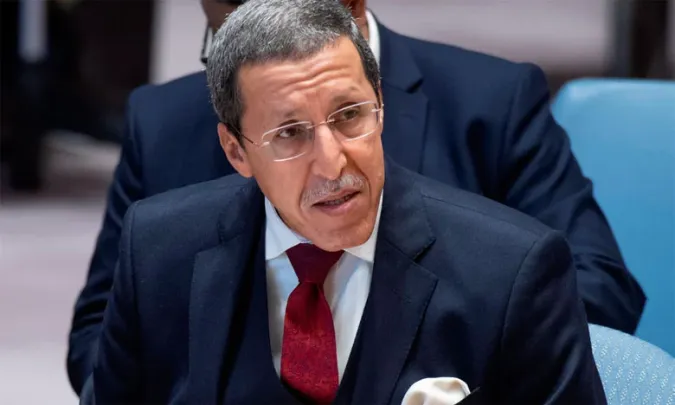
Morocco's Permanent Representative to the UN, Ambassador Omar Hilale, sent a response letter to the President and members of the Security Council on Monday, debunking the Algerian ambassador's fallacious allegations regarding the Moroccan Sahara issue during a Council briefing.
He emphasized that the Algerian representative had, as usual, engaged in his favorite exercise of distorting realities and misrepresenting evidence regarding the populations in the Tindouf camps. In this letter, Hilale first expressed Morocco's deep regret at the biased statement made by Algeria's Permanent Representative, Amar Bendjama, during the Security Council meeting held this Monday on "The Challenges of Forced Displacement around the World."
In his remarks, the Algerian ambassador took advantage of the presence of the High Commissioner for Refugees, Filippo Grandi, to peddle lies, distort realities, and misrepresent the facts regarding the populations in the Tindouf camps in Algeria.
In this regard, Ambassador Hilale provided elements to debunk the fallacious statements made by the Algerian representative, who was the only one to address the issue of the Moroccan Sahara during this briefing.
The Moroccan diplomat affirmed that the populations of the Tindouf camps are in no way "forcibly displaced persons," as claimed by the Algerian representative, but rather populations held against their will for half a century, noting that Algeria deprives them of their most basic rights, including the choice to return to their motherland, Morocco, or to settle in a third country, or even to integrate into the host country, Algeria, as advocated by the durable solutions of the High Commissioner for Refugees.
He pointed out that Algeria is also violating the rights granted to them by the legal instruments of international humanitarian law, the Geneva Convention and its Additional Protocols, including the rights to freedom of expression, movement, and demonstration.
He added that these populations are living in camps whose jurisdiction, control, and management have been entrusted by Algeria to the armed separatist group "polisario," in violation of international law and contrary to its obligations as a host country, as denounced by the Human Rights Committee in its report CCPR/C/DZA/CO/4 of August 17, 2018, paragraph 9.
In response to the Algerian ambassador's allusion to a so-called "occupation" of the Sahara by Morocco, Hilale recalled, to the Algerian representative's great displeasure, that the occupation of the Sahara ended with the return of these provinces to their motherland, Morocco, under the Madrid Accords of November 1975, of which the General Assembly took note in its resolution 34/58 B of December 1975.
"The Algerian representative pretends to ignore that the Security Council is considering the question of the Moroccan Sahara under Chapter VI of the United Nations Charter, for the peaceful settlement of this regional dispute, wholly created and maintained for half a century by his country, with incalculable consequences for the peace, security, and stability of the Maghreb and the African continent," the Moroccan diplomat emphasized.
Hilale further noted that Algeria is not cooperating with United Nations agencies or humanitarian partners to ensure access to basic services for the populations of the Tindouf camps. He added that Algeria has refused to allow the United Nations High Commissioner for Refugees to conduct a census and registration of the populations held captive in the Tindouf camps for over 50 years, despite clear instructions from the Security Council in successive resolutions since 2011.
"The lack of a census encourages the misappropriation of humanitarian assistance, which has forced agencies and NGOs to reduce the volume of their aid," he continued.
In this response letter to the Security Council, Morocco’s Permanent Representative to the UN also pointed out that the misappropriation of humanitarian aid by the "polisario" and Algerian officials has been proven and noted in the reports of the European Anti-Fraud Office (OLAF), the Office of the Inspector General of the UNHCR, the World Food Programme, as well as several NGOs and international organisations.
Reacting to Algeria's so-called call for "a lasting solution" to the Moroccan Sahara issue, Hilale denounced this action as nothing more than window dressing, explaining that a lasting solution "requires compliance with Security Council resolutions, which call for the resumption of the political process and roundtable discussions. Algeria has refused to do this since the appointment of the Secretary-General's Personal Envoy to the Moroccan Sahara, Staffan de Mistura, in October 2021."
Such a behavior condemns this process to immobility and stalemate, with its attendant humanitarian consequences for the populations held captive in the Tindouf camps, the ambassador lamented.
He also affirmed that the lasting solution lies in the implementation of the Moroccan Autonomy Initiative, which the Security Council has described as serious and credible for 18 years. He emphasized that this Initiative is widely considered by the international community as the sole basis for resolving this dispute, while respecting the Kingdom’s national sovereignty and territorial integrity.
He added that "Algeria's blindness prevents it from realizing that this Initiative is supported by more than 100 United Nations Member States, including two permanent members of the Security Council, the former occupying power of the Moroccan Sahara, and 23 Member States of the European Union."
In this context, he recalled the latest Security Council Resolution 2756 (2024), which welcomed the international momentum in favor of the Moroccan Autonomy Initiative and urged that it be used to its full potential in the search for a definitive political solution to this dispute. This, he said, demonstrates the Autonomy Initiative's compliance with the right to self-determination.
Regarding the Algerian ambassador's mention of holding a referendum, Hilale denounced Algeria's "obsessive fixation," noting that the Algerian Permanent Representative is well aware that the Security Council and the General Assembly have definitively shelved the referendum, in 2002 and 2003 respectively.
In conclusion, Hilale emphasized that "the Algerian ambassador also forgets that the resolutions his country supported during his previous term on the Security Council, as well as those he submits annually to the Fourth Committee of the General Assembly, no longer make any reference to the referendum."
Ambassador Hilale's letter to the President and members of the UN Security Council will be published as an official document of the UN body.
It should be noted that the Algerian diplomat's fallacious and mendacious allegations were completely ignored in the response presented to members by the High Commissioner for Refugees during this briefing.
MAP:29 avril 2025
